Established in 2006, Action for Global Health is an influential membership network of more than 50 organisations working collaboratively towards a world where the universal right to health is realised. Its mission is to mobilise and unite UK-based global health advocates to ensure that the UK government, NGOs and other key stakeholders renew their leadership and financial/political/programmatic commitment to achieving health for all by 2030, as outlined in Sustainable Development Goal 3.

Advocacy networks and partners
The George Institute for Global Health works with a number of partners and networks to amplify our advocacy, build momentum and drive changes that will improve the health of millions of people worldwide.
Action for Global Health UK
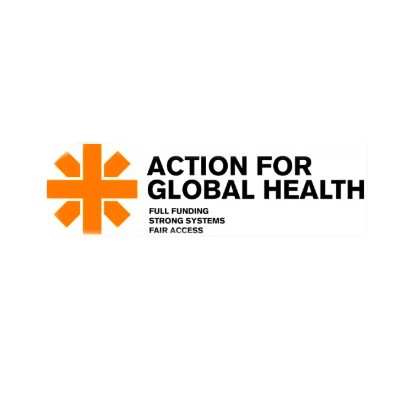
European Global Health Research Institutes Network
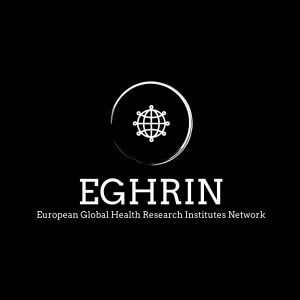
The European Global Health Research Institutes Network unites leading global health research institutes in Europe to enhance awareness of global health aims and themes; create excellence in global health research; impact the European Union's global health research agenda; and translate key research findings into policy, implementation and practice.
UK Working Group on NCDs
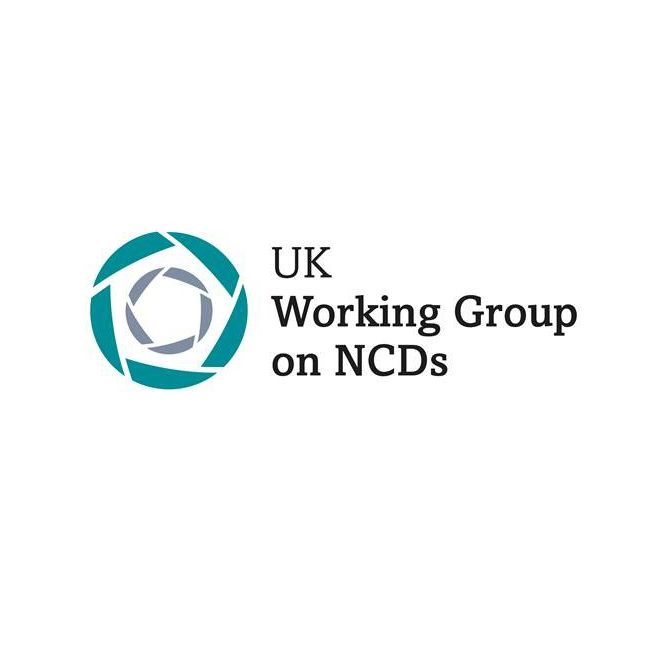
The UK Working Group on NCDs is a network of UK-based civil society organisations with an interest in tackling NCDs in low- and middle-income countries. The group encourages the UK government to: take a cross-departmental approach to implementing SDG commitments and WHO’s voluntary targets on NCDs; champion NCD prevention and control as a core component of universal health coverage; recognise that appropriate resourcing of NCD prevention and control is an urgent priority; and create opportunities for capacity-building and technical assistance.
Alliance on Gender Equality and Universal Health Coverage
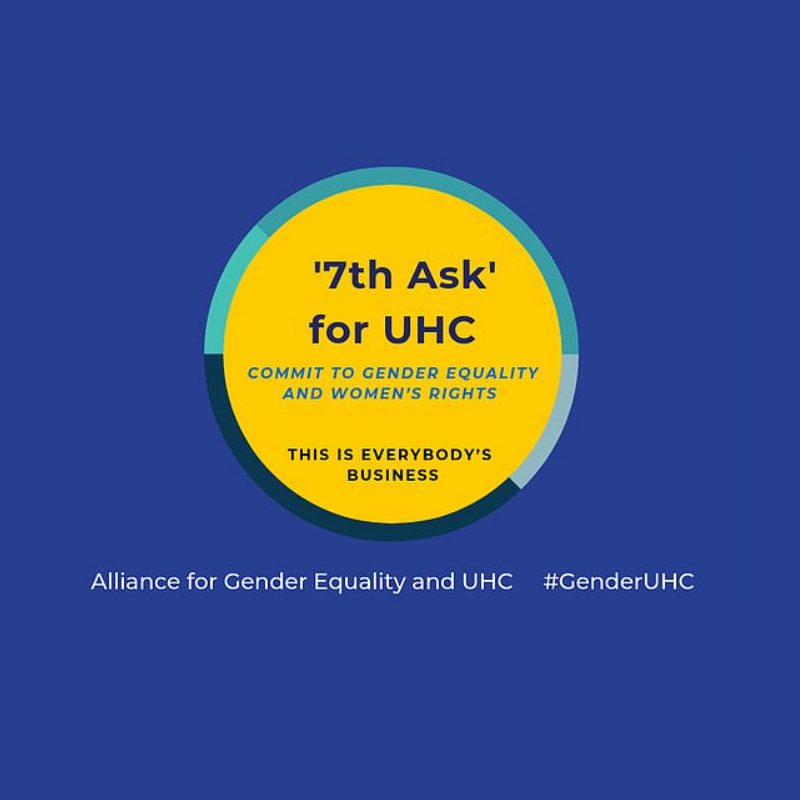
The Alliance for Gender Equality and UHC, co-convened by the International Women’s Health Coalition, Women Deliver, and Women in Global Health, comprises more than 100 civil society organizations from more than 40 countries worldwide. The Alliance drives collaboration and coordinated advocacy for gender-responsive Universal Health Coverage policies, programs, and dialogue; including, but not limited to sexual and reproductive health and rights.
Child Health Initiative
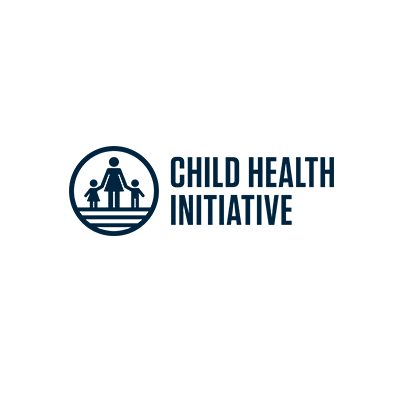
The Child Health Initiative is a collaborative partnership with a focus on global and national advocacy, research, and programme implementation. It aims to provide a voice for the particular needs and rights of children within transportation and urban mobility policymaking, and to highlight the serious and costly health impacts on the young of unsafe roads and air pollution.
The George Institute – as a member of the Child Health Initiative – has developed a toolkit for NGOs, domestic and international agencies, and public authorities and their partners highlighting evidence-based interventions delivering a ‘safe and healthy journey to school’.
Civil Society Engagement Mechanism for UHC2030
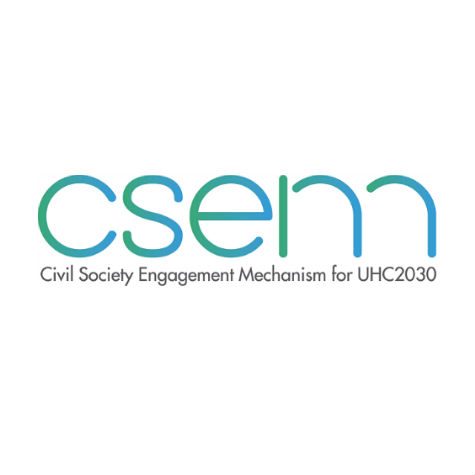
The Civil Society Engagement Mechanism for UHC2030 is the civil society constituent of the International Health Partnership for UHC2030. The CSEM raises civil society voices in UHC2030 to ensure that Universal Health Coverage policies are inclusive and equitable, and that systematic attention is given to the most marginalized and vulnerable populations so that no one is left behind.
Global Alliance for the Care of the Injured
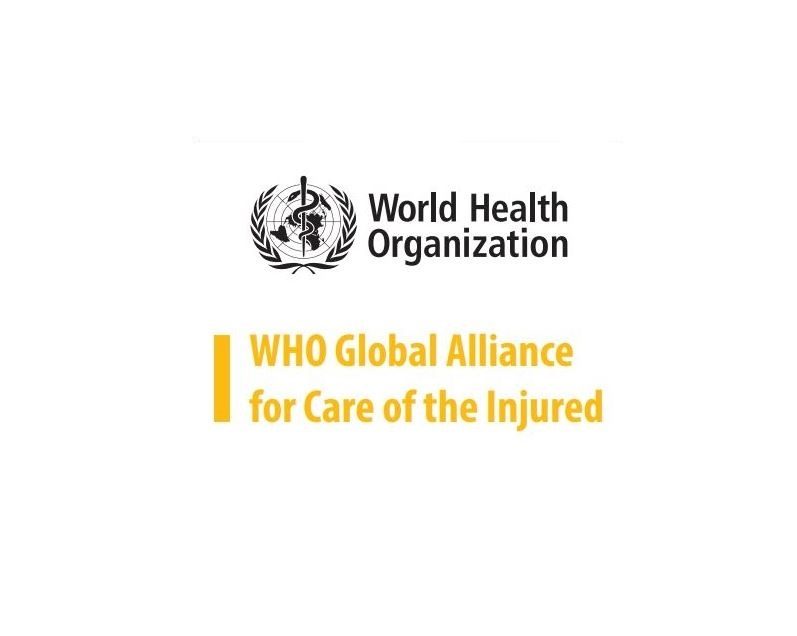
The Global Alliance of the Care of the Injured (GACI) is a WHO hosted network of governmental and intergovernmental organizations as well as nongovernmental organizations, including professional societies, working internationally, who collaborate to improve care for the injured across the spectrum of prehospital and hospital care and rehabilitation of the injured. The aim is to save millions of lives and minimize the devastating consequences of injuries by strengthening trauma care systems.
The George Institute is a member of this Alliance providing input and evidence into the areas of nursing care, injury surveillance and capacity building.
Global Alliance for Drowning Prevention

The Global Alliance for Drowning Prevention is a WHO-hosted network of organisations working together to: assess the impact of drowning worldwide, ensure that drowning prevention remains on the global public health agenda, and coordinate, strengthen and expand efforts to prevent drowning.
The George Institute for Global Health has been a member of this Alliance since 2023, providing evidence on the most effective drowning prevention policies and interventions, including education, capacity-building and citizen governance in diverse contexts.
Global Climate and Health Alliance
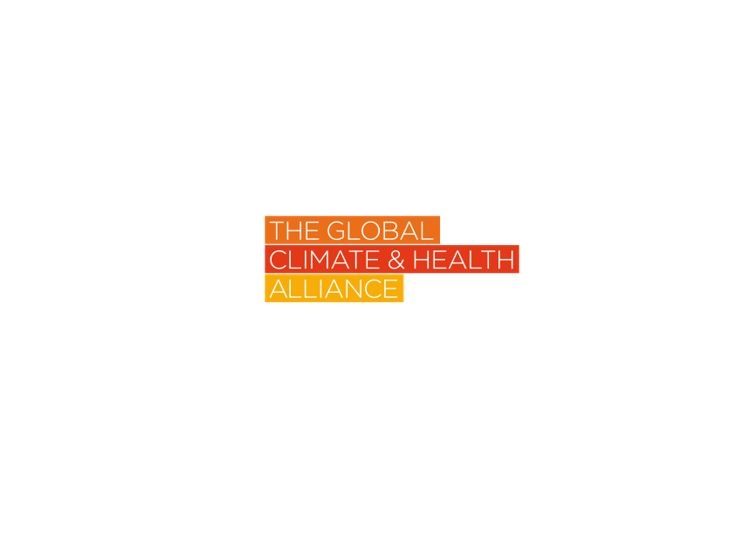
The Global Climate and Health Alliance was formed in 2011 to tackle climate change and to protect and promote public health. The Alliance is made up of health and development organisations from around the world united by a shared vision of an equitable, sustainable future.
The George Institute for Global Health has been a member of the Alliance since 2023, and supports work focused on: reducing climate change related health inequalities, encouraging and supporting the health sector to lead by example, and raising awareness of the health threats posed by climate change and the potential health benefits of well-chosen climate mitigation policies.
NCD Alliance
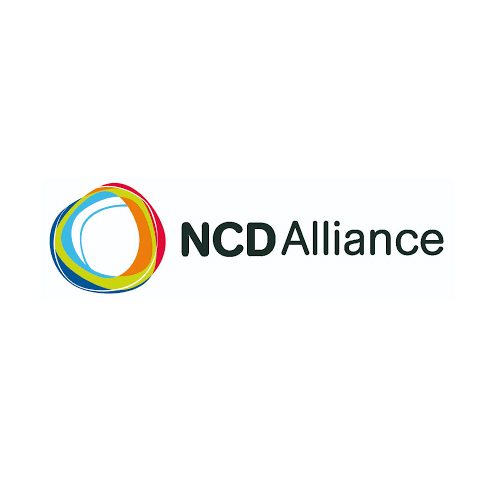
Founded in 2009, the NCD Alliance is a global network of more than 2,000 organisations in 170 countries, including global and national NGOs, scientific and professional associations, academic and research institutions, private sector entities and dedicated individuals. The Alliance is a recognised global thought leader on NCD policy and practice, a convener of the civil society movement, a partner to governments and UN agencies, and an advocate for people at risk of or living with NCDs.
Road Traffic Injury Research Network

The Road Traffic Injury Research Network (RTIRN), established in 2000, is a group of over 1700 researchers, professionals and students from different disciplines and sectors from over 120 countries with an interest in road safety in low- and middle-income countries. The George Institute was a founding member.
Taskforce on Women and NCDs
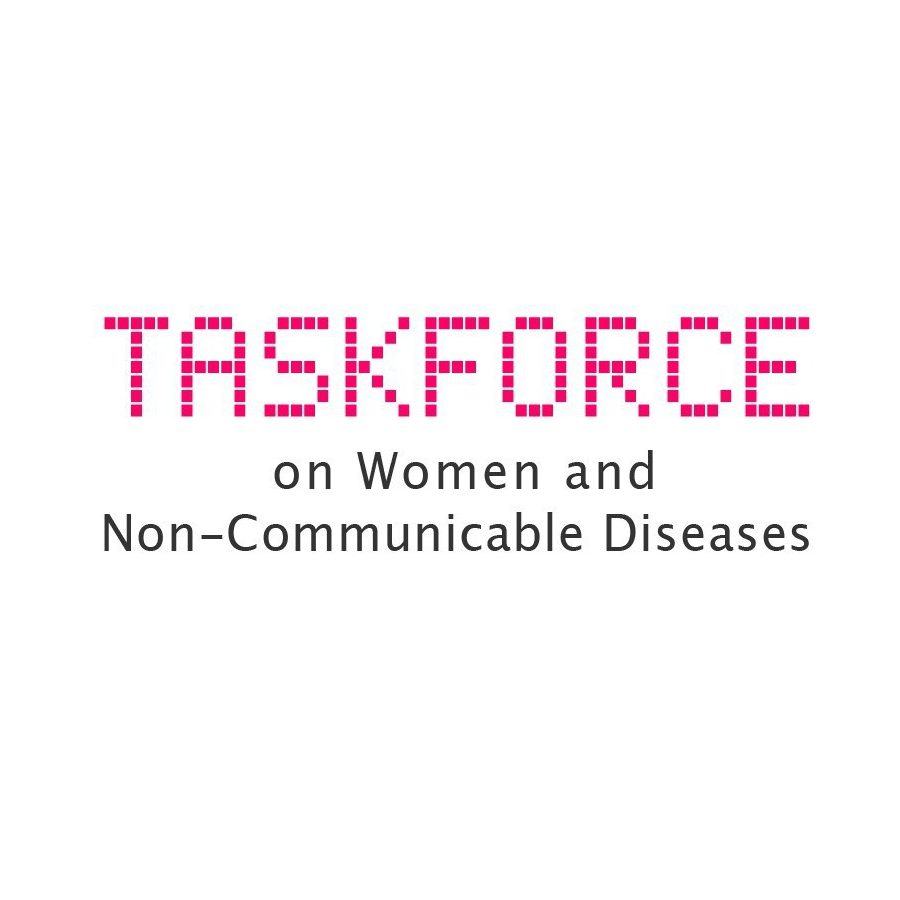
The Taskforce on Women and NCDs brings together global health organizations from the women’s health and NCD communities to respond to the unique and growing burden of non-communicable diseases on women in low- and middle-income countries by mobilizing leadership, expanding technical expertise and disseminating evidence to inform policymaking, planning, and services.
United Nations Road Safety Collaboration
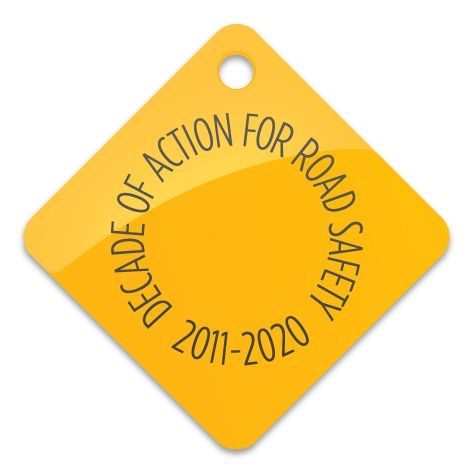
The UN Road Safety Collaboration is an informal consultative mechanism whose members are committed to road-safety efforts and in particular to the implementation of the recommendations of the World report on road traffic injury prevention. The goal of the Collaboration is to facilitate international cooperation and to strengthen global and regional coordination among UN agencies and other international partners.
The George Institute has been a member of the UNRSC since 2014 and co-chairs the Project Group on post-crash response (PG5) and a member of the working group on Safer Road Users (PG4).
WHO Global Coordination Mechanism on NCDs
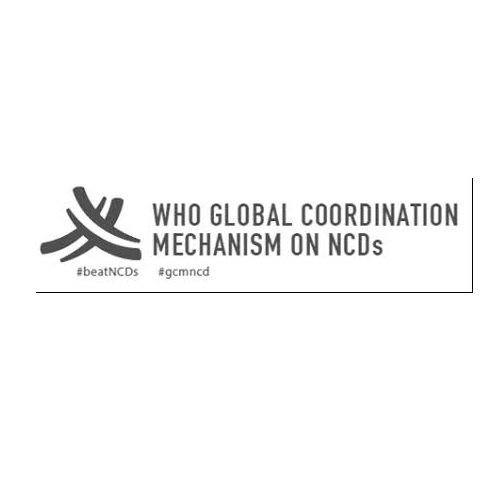
The Global Coordination Mechanism on Prevention and Control of NCDs is a WHO Member State-led coordinating and engagement platform, established in 2014 by the World Health Assembly to help counteract the growing global health threat of noncommunicable diseases. The GCM/NCD contributes to accelerating the implementation of the WHO Global Action Plan for the Prevention and Control of Noncommunicable Diseases 2013-2020, and the NCD-related Sustainable Development Goal (SDG) targets, by fostering high-level NCD commitments.

